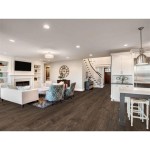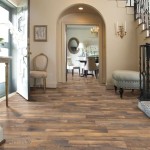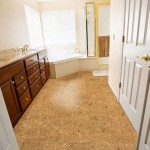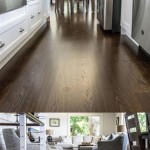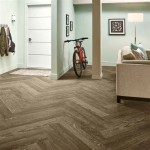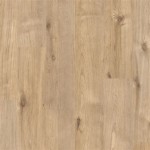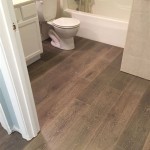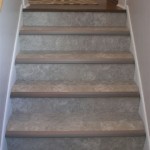Engineered vs. Solid Hardwood Flooring: A Comprehensive Guide to Essential Aspects
Choosing the right flooring for your home can be a daunting task, especially when it comes to deciding between engineered and solid hardwood flooring. Both options offer unique advantages and disadvantages, and understanding these key aspects will help you make an informed decision.
Construction and Durability
Engineered hardwood flooring consists of a thin veneer of real wood glued to a core made of plywood, HDF, or a combination of both. This construction provides stability and resistance to moisture and temperature fluctuations. Solid hardwood flooring, on the other hand, is made from a single solid piece of hardwood, offering superior durability and a classic look.
Water Resistance
Water resistance is a crucial consideration for areas prone to moisture or spills. Engineered hardwood flooring typically has better water resistance due to its layered construction, which prevents moisture from seeping through. However, both types of flooring require proper installation and maintenance to ensure longevity.
Appearance and Aesthetics
Both engineered and solid hardwood flooring offer a wide range of species, colors, and finishes to complement any decor. Engineered hardwood often features a wider plank size and a more uniform appearance. Solid hardwood, on the other hand, showcases natural variations in grain and color, giving each plank a unique character.
Installation and Maintenance
Engineered hardwood flooring is typically easier and faster to install than solid hardwood. Its floating installation method allows it to be installed over existing flooring without the need for glue or nails. Solid hardwood requires professional installation and nailing or stapling to a subfloor.
Cost and Value
Engineered hardwood flooring is generally more cost-effective than solid hardwood. Due to its layered construction, it utilizes less real wood and is easier to install. However, solid hardwood offers a higher value in the long run, as it can be refinished multiple times to restore its original beauty.
Environmental Sustainability
Both engineered and solid hardwood flooring can be eco-friendly options. Engineered hardwood utilizes smaller amounts of real wood and often incorporates recycled materials in its core. Solid hardwood, when sourced from sustainably managed forests, promotes the conservation of natural resources.
Conclusion
The choice between engineered and solid hardwood flooring depends on individual preferences and specific requirements. Engineered hardwood offers ease of installation, water resistance, and affordability, while solid hardwood provides superior durability, a classic appearance, and higher value in the long run. By carefully considering the essential aspects outlined above, homeowners can make an informed decision that will enhance the beauty and functionality of their homes.

Engineered Wood Flooring Vs Solid Hardwood

Solid Vs Engineered Hardwood Which Is Better

Hardwood Vs Engineered Wood Flooring Which Is Best For You Forbes Home

Engineered Flooring Vs Laminate Everything You Need To Know Forbes Home

Solid Vs Engineered Hardwood Which Is Better

Hardwood Floors Engineered Vs Solid Plank What S Hot By Jigsaw Design Group

Which Flooring Is Better Solid Or Engineered Hardwood Foundation

Types Of Hardwood Flooring Forbes Home

Lvp Vs Engineered Hardwood Flooring Comparison Guide

Engineered Hardwood Vs Laminate
See Also
